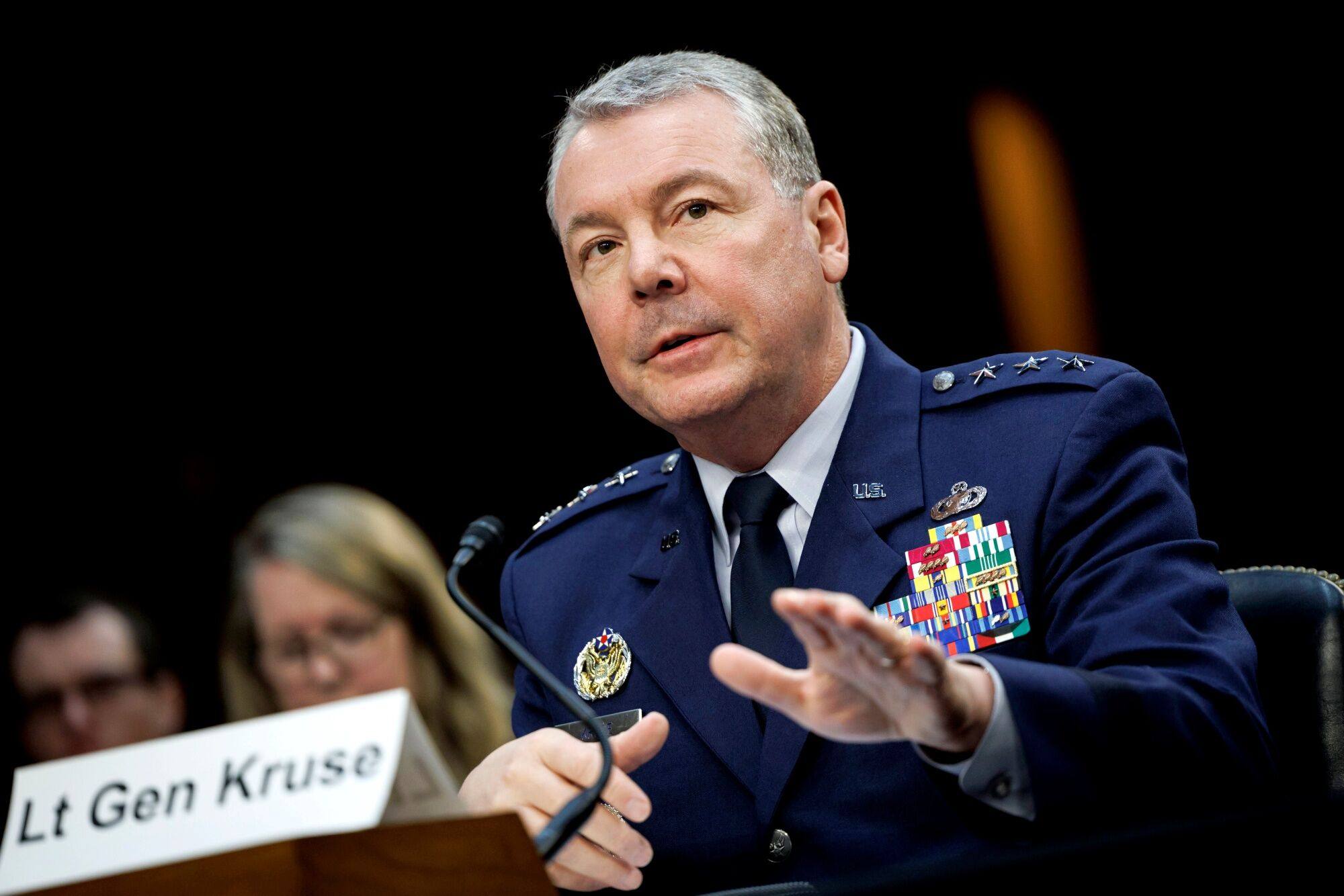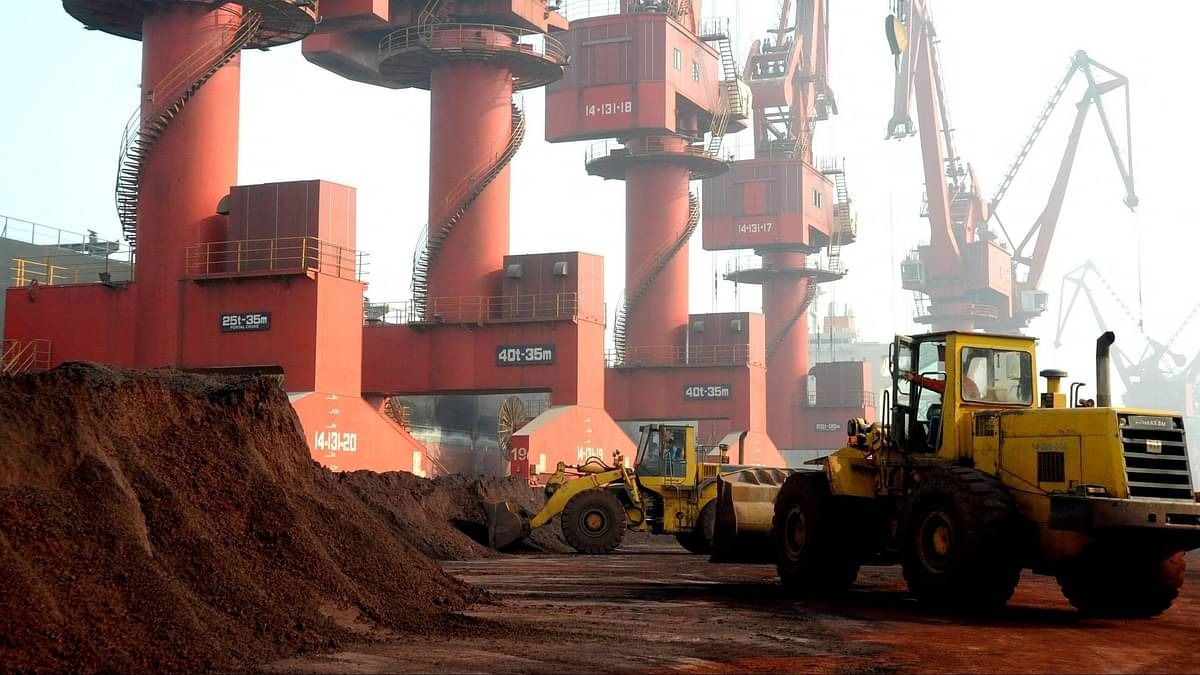
China’s joint military exercises with Russian forces near Taiwan have prompted new US defence planning, two top US intelligence officials told Congress on Thursday.
The admission came during testimony before the Senate Armed Services Committee in which they also discussed Beijing’s evolving support for Moscow and what they called the two nations’ “pre-positioning” of vulnerabilities in US military and infrastructure assets.
US Air Force Lieutenant General Jeffrey Kruse, director of the Pentagon’s Defence Intelligence Agency, told the committee that the Chinese-Russian operations, “seen over the last two years, have caused the department to relook at its analysis and become even more concerned about what are our joint-force requirements” in the region.
Do you have questions about the biggest topics and trends from around the world? Get the answers with SCMP Knowledge, our new platform of curated content with explainers, FAQs, analyses and infographics brought to you by our award-winning team.
“Even if Russia and China in a military force are not interoperable, they would certainly be cooperative, and we would need to take that into account in force structure and planning,” Kruse said. “We are in the middle of that revision today.”
Director of National Intelligence Avril Haines, who testified alongside Kruse, said that the joint exercises show that “China definitely wants Russia to be working with them and we see no reason why [Russia] wouldn’t”.
The exercises, she said, indicate “this increasing cooperation in the ‘no limits partnership’ ... just across really every sector of society – political, economic, military, technological and so on – and so that is something that our understanding is prompting new planning across the government in many respects.”
Russia and China began joint naval drills in the East China Sea in 2022, the closest they have been held to the Taiwan Strait since the annual war games began more than a decade ago.
Last year, the two countries conducted joint air force patrols over the East China Sea and Sea of Japan, the sixth under the annual cooperation plan between the two militaries since 2019. The latest joint patrol prompted South Korea, one of Washington’s closest allies in Asia, to scramble aircraft.
Chinese and Russian defence ministers reaffirm close bilateral ties
Senator Tom Cotton, Republican of Arkansas, suggested that China had already overstepped a “red line” that US President Joe Biden set when he warned Beijing not to supply Russia with lethal weapons that could be used in its war against Ukraine.
In response, Haines said that “there was a lot of focus on China not providing lethal support and what they have done is to try to avoid what is characterised as lethal support – in other words, a fully constructed gun or weapon system.
“But what has happened in the meantime is they provided effectively dual-use materials such as nitrocellulose, [and] a whole series of critically important long poles in the tent for the Russia’s reconstitution of the defence industry.”
Nitrocellulose is a raw material used in the production of propellants and explosives.
Haines added that China’s shipments of such products to Russia were among “the key factors that essentially adjusted the momentum on the battlefield in Ukraine”.

The intelligence chiefs also accused China and Russia of embedding malware into US infrastructure or engaging in other forms of cyber disruption.
Senator Deb Fischer, Republican of Nebraska, asked about digital sleeper cells capable of “impeding US decision-making, inducing societal panic and interfering with the deployment of US forces”, elements referred to in the 2024 Annual Threat Assessment that Haines’ office produces.
“What we see is both China and Russia, effectively, pre-positioning themselves in ways that would allow them to conduct those kinds of attacks, not actually yet ... engaging in those attacks,” Haines said.
She noted that weak passwords and other forms of lax cybersecurity controls were allowing such incidents.
China, Russia space ‘militarisation’ could include nuclear weapon: US official
“As we’re looking at the attacks that are occurring, particularly against industrial control systems in the country, the vast, vast majority of them would have been actually prevented if it weren’t for those kinds of cybersecurity practices not being what they need to be.”
The Homeland Security and Energy Departments were “working very hard with [US utilities] to improve their cybersecurity practices, patch vulnerabilities and deal with these issues”, Haines said.
Haines and Kruse committed to discussing more details about these attacks as well as other threats in a closed-door session with the committee that was scheduled later in the day.
More from South China Morning Post:
- Russia parades Western ‘trophy’ tanks captured in Ukraine war, including US-made Abrams
- US Air Force budget delays letting China close air superiority gap, top official says: ‘We are out of time’
- A warning to China? US plans to deploy medium-range missile launchers in the Asia-Pacific
For the latest news from the South China Morning Post download our mobile app. Copyright 2024.










































